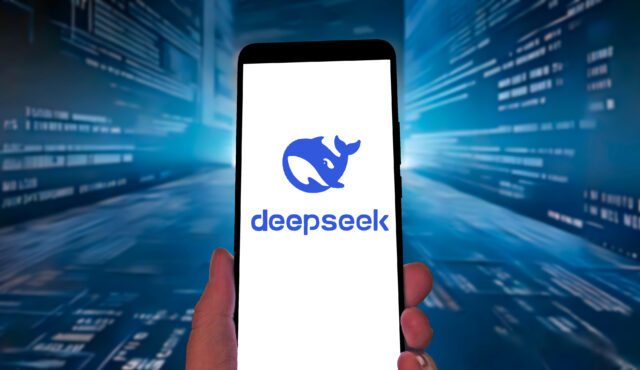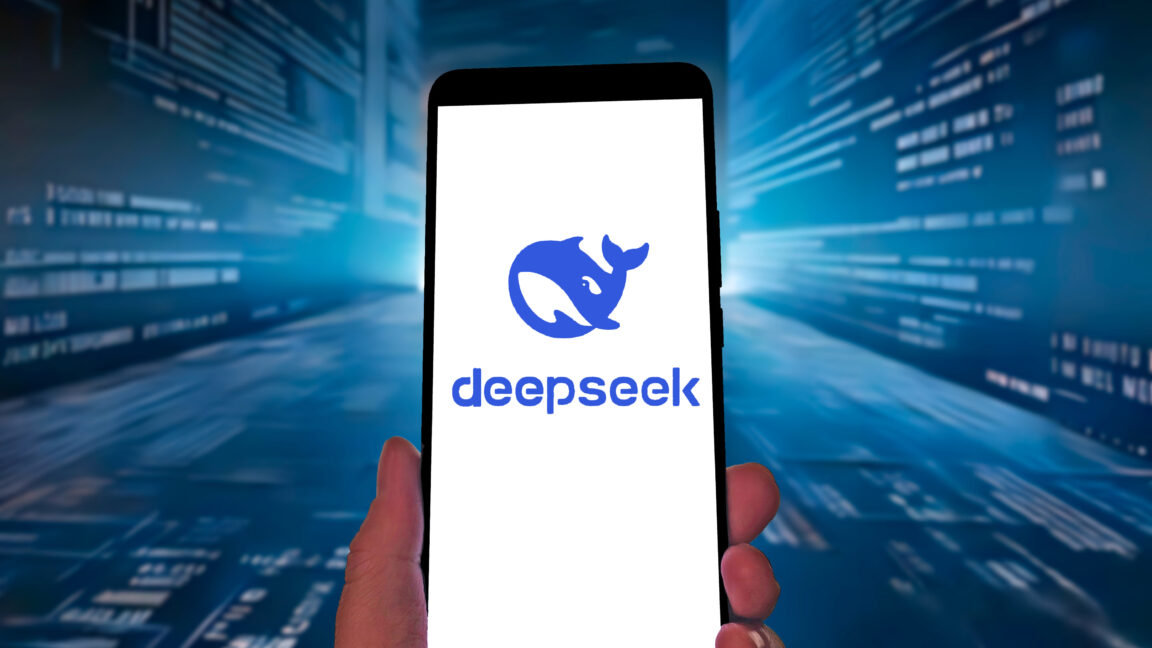A little over two weeks ago, a largely unknown China-based company named DeepSeek stunned the AI world with the release of an open source AI chatbot that had simulated reasoning capabilities that were largely on par with those from market leader OpenAI. Within days, the DeepSeek AI assistant app climbed to the top of the iPhone App Store's "Free Apps" category, overtaking ChatGPT.
On Thursday, mobile security company NowSecure reported that the app sends sensitive data over unencrypted channels, making the data readable to anyone who can monitor the traffic. More sophisticated attackers could also tamper with the data while it's in transit. Apple strongly encourages iPhone and iPad developers to enforce encryption of data sent over the wire using ATS (App Transport Security). For unknown reasons, that protection is globally disabled in the app, NowSecure said.
Basic security protections MIA
What’s more, the data is sent to servers that are controlled by ByteDance, the Chinese company that owns TikTok. While some of that data is properly encrypted using transport layer security, once it's decrypted on the ByteDance-controlled servers, it can be cross-referenced with user data collected elsewhere to identify specific users and potentially track queries and other usage.
More technically, the DeepSeek AI chatbot uses an open weights simulated reasoning model. Its performance is largely comparable with OpenAI's o1 simulated reasoning (SR) model on several math and coding benchmarks. The feat, which largely took AI industry watchers by surprise, was all the more stunning because DeepSeek reported spending only a small fraction on it compared with the amount OpenAI spent.
A NowSecure audit of the app has found other behaviors that researchers found potentially concerning. For instance, the app uses a symmetric encryption scheme known as 3DES or triple DES. The scheme was deprecated by NIST following research in 2016 that showed it could be broken in practical attacks to decrypt web and VPN traffic. Another concern is that the symmetric keys, which are identical for every iOS user, are hardcoded into the app and stored on the device.



 Loading comments...
Loading comments...
